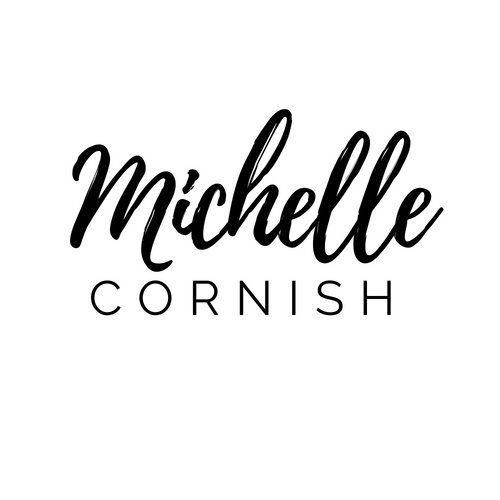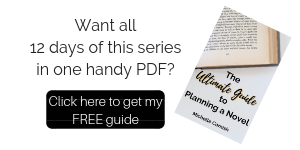12 Days of Planning a Novel: Hooks and Cliffhangers
/If you’ve read all the posts in my 12 Days of Planning a Novel series, I really appreciate you hanging in there with me. We are so close to being ready to start drafting a novel! There’s just one last thing I want to talk about: hooks and cliffhangers. Okay, maybe that is two things!
When I really started enjoying the thriller genre, it was because of author Greg Iles. He is a master at creating hooks and cliffhangers and if you feel like you struggle in this area, I highly recommend his books. I almost never stop reading at the end of a chapter because I have to know what happened.
In my opinion, it’s the hooks and cliffhangers that make a book truly spectacular. You want your readers to tell their friends, “I can’t believe this happened! I didn’t see it coming.” As a suspense writer, I can’t think of a better compliment.
Let’s dig a bit deeper into hooks and cliffhangers and how you can incorporate them into your story.
Hooks
Generally, the biggest hook in your novel will take place as close to the beginning as possible. This is what’s going to determine if readers continue reading or put the book down in favour of something more interesting.
Hooks aren’t only used at the beginning of your story though. You want your reader to stay interested throughout your novel, so you can work hooks in at the beginning of an act, a chapter, or even a scene.
Here are some ways to come up with a great hook:
Start with a high action scene,
Introduce a mystery,
Share something ironic, or
Begin with a conflict or a puzzle.
This post from Writer’s Digest has a few more ideas for creating intriguing hooks.
Cliffhangers
The most common place for a cliffhanger is at the end of a chapter or at the end of a novel if you are writing a series. Again, this is a device used to keep the reader’s attention. Always remember your readers while you are creating your outline.
A cliffhanger can be exciting or suspenseful and sometimes it’s both. Here are some cliffhanger ideas from the Writer’s Write site:
An accident,
A secret,
An unanswered question, or
A death.
Remember, a death doesn’t always have to be the death of a person. It can be any kind of loss, for example, the death of a relationship. The key is to make it something that the reader wasn’t expecting and something they want to know more about so they will keep reading.
Think of your favourite books and how they held your attention. Did the authors use a lot of hooks and cliffhangers? Is there a certain type of cliffhanger you can’t resist. You might want to consider having one of these in your novel.
Now that you know more about creating hooks and cliffhangers, take a look at your outline and see where you need to add some.
Tell me in the comments what your favourite hook or cliffhanger is that kept you reading?





